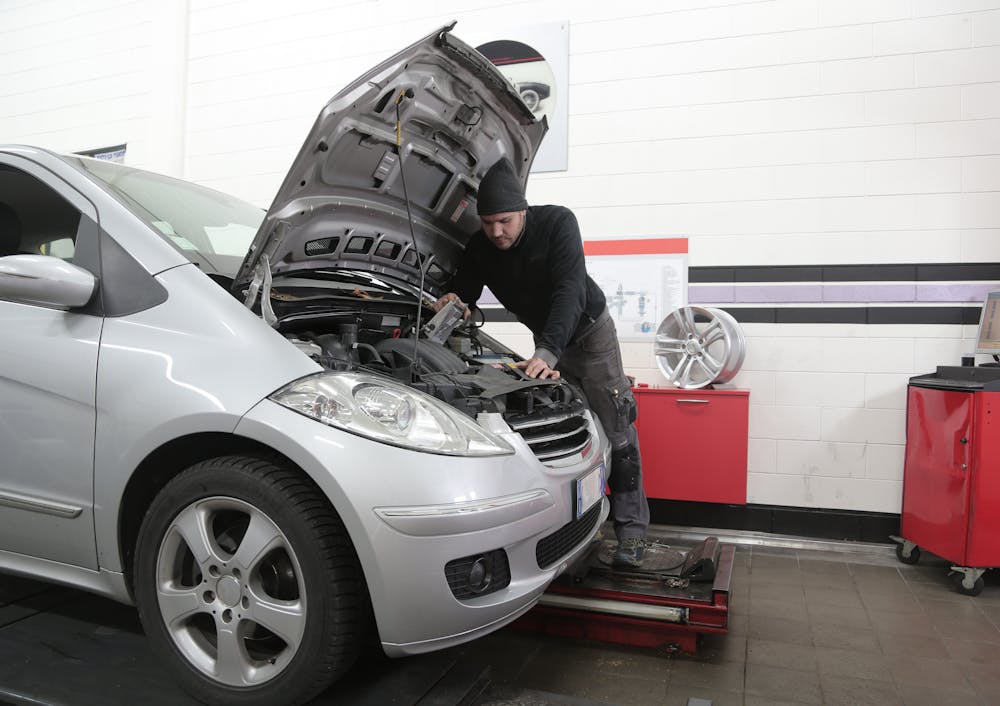When buying a used car, you want to avoid repurchasing a vehicle that ends up costing you more in repairs than it’s worth. The key is doing your due diligence by thoroughly inspecting the car before handing over any money. Follow this ultimate guide to make sure you don’t end up with a lemon.
Check the Car’s History
When buying a used car in Essex or other areas in the UK, the first step is to investigate the vehicle’s history. Ask the seller for the registration number so you can do an MOT history check to see if it has any failed tests or advisories for issues. Also, the V5C registration document must be requested to verify the mileage and previous owners. Consider running a vehicle history check to uncover any outstanding finance, or to see if it’s been written off, stolen, or has any other markers. Reviewing the service history will give insight into how well the car has been maintained over its lifetime. Don’t forget to check for any recalls that haven’t been addressed.
Take a Test Drive
It’s vital that you test-drive the used car before agreeing to buy it. This gives you a chance to assess important factors like performance, handling, comfort, and any unusual noises. Be sure to evaluate acceleration and braking. Drive at different speeds and on different road surfaces. Use this opportunity to test all electronic functions like lights, wipers, and heating. Adjust the seats and steering wheel to check comfort levels. A test drive can reveal issues that are not observable through just a visual inspection.
Conduct a Thorough Visual Inspection
Carefully inspecting the exterior and interior of the used car is also essential. Check for accident damage, rust, paint inconsistencies, large dents, or scratches. Ensure all VIN stickers match the panels and the registration document. Look under floor mats and seats for signs of water damage. Test that all interior features and electronics function properly. Assess tyre tread depth and look for uneven wear patterns. Check that the warning lights illuminate correctly when the ignition is turned on. Be meticulous in your visual inspection and look for anything that seems amiss.
Get a Professional Inspection
Used cars should be professionally inspected before purchase. Allow enough time to get a qualified, unbiased mechanic to thoroughly evaluate the vehicle on a lift. They can provide an objective assessment to identify any issues or necessary repairs. This expert inspection gives you added peace of mind that there are no major mechanical, electrical, or other problems. If issues are found, you can negotiate the price with the seller accordingly. Paying for an inspection is a small price to avoid getting stuck with a problematic used car.
Discuss Warranty Options
Enquire if the used car is still covered under the original manufacturer’s warranty. There may be time or mileage limits that still provide coverage. If not, discuss options for purchasing an extended warranty with the seller or dealer. This added protection can save you money on repairs down the road. Make sure you understand exactly what’s covered should any components fail.
Buying a used car carries risk, but you can tip the odds in your favour through diligent inspection before purchase. Researching the history, test driving, visual inspection, professional evaluation, and asking about warranties will lead to confidence in your used car purchase. Follow this inspection guide for the best chance of finding a quality, reliable, pre-owned vehicle that fits your needs and budget.


